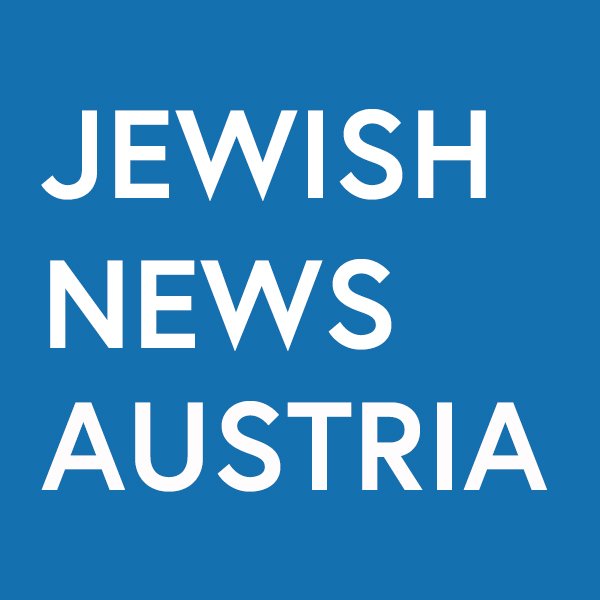My ancestors were Holocaust victims. I can forgive, but not forget
Der Standard (online), September 22, 2023.
German original: https://www.derstandard.at/story/3000000187976/vergeben-ohne-zu-vergessen
When it comes to evil deeds, the Holocaust is a category unto itself. The fact that Austria grants its citizenship to survivors and their families is a good sign.
Jennifer Laszlo Mizrahi, a Jewish American with Viennese roots, describes in her guest commentary what Austrian citizenship means to her and her children.
These are the Jewish High Holidays, when Jews ask for - and grant - forgiveness for bad deeds, whether those deeds were intentional or accidental. We also ask forgiveness for wrongs we have committed because we stood idly by while others did evil.
The process of forgiveness is not a science. Sometimes it's hard to tell if we're doing it right or wrong. When it comes to evil acts, the Holocaust is a category unto itself. There were several levels of evil. At the top were Adolf Hitler and key members of his party who conceived and carried out evil deeds. There were people who "followed orders" and did horrible things themselves. There were the people who voted for the Nazis to come to power. And there were "bystanders" who simply did nothing to prevent evil.
Who and how can they be forgiven? Is there a time limit for this? Does the guilt pass to their children or their country? Is this still relevant today?
My grandfather Daniel Laszlo and my grandmother Edith Vincze Laszlo were Jews. They studied medicine in Vienna. Then they lived in Germany as visiting scientists and doctors when the Nazis began their rise. As Jews and with a newborn child (my father), my grandparents rushed back to Vienna. There my grandmother published scientific papers and practiced psychology and neuroscience with Anna Freud, and my grandfather was a pioneering thinker in medicine.
Greeted like a hero
As I'm sure you know, this was not a safe place for Jews either, as the Austrian people helped the Nazis to power. In 1938, my father and his parents were in the family's apartment at Währinger Straße 58 when the Nazis marched in. Hitler himself was greeted like a hero. A huge parade celebrating Hitler passed directly under my family's apartment. There were soldiers, tanks, and tens of thousands of cheering Austrians. My father and his parents saw it all. After much fighting, my father and his parents were eventually among the relatively few who were lucky enough to escape to the United States. However, much of our family was stuck in Europe and killed by the Nazis.
When my father turned 85, three generations of our family went to Vienna and saw where he had lived as a child. We also visited the place where his parents had been doctors. It was very moving.
Back to the question of forgiveness on the High Holidays: forgiveness does not mean forgetting. We must never forget what happened. Austrians wanted Hitler to come to the country after he wrote Mein Kampf, in which he called for the genocide of the Jews. So does Jewish law require us to forgive them? Do they want forgiveness? They want it and have demonstrated it for a long time.
Decades ago, I met Helmut Türk, then Austria's ambassador to the United States. He reached out to Jewish leaders and established relationships. Since then, I have met several Austrian ambassadors. They all did the same thing and organized events to commemorate Austria's role in the Holocaust. Are there still anti-Semites in Austria? Sadly, they exist, as they do pretty much everywhere else.
Recently, I was invited to receive an award at the United Nations in Vienna for my work on disability issues. In front of more than 3,000 people from 70 countries, I reminded the audience on stage at the UN of Austria's Nazi past. I wore my pin with the Lion of Judah - a large Star of David - and spoke about how the Nazis killed Jews and people with disabilities alike. Austrians and others in the audience were grateful for the remembrance and determined to do more and do better. Although today's Jewish community is a tiny fraction of the size of the pre-Holocaust Jewish population, it is thriving in Vienna today.
Part of the tradition
This year I took advantage of an Austrian government program to come to terms with the crimes of the Holocaust and obtained Austrian citizenship for myself and our children. There is a lot of paperwork to do, and the embassy staff was very helpful. I am grateful to the Austrian government and my many Austrian friends for their openness to acknowledge and learn from their history to promote a better future for all.
For me it was significant to close a circle and get back the citizenship that was denied to our family by the Nazis. It was and is a part of forgiveness and an important part of our tradition. It's not easy, and I don't think people who were themselves victims of the Nazis can necessarily forgive. What happened to my father and his family - my ancestors - was inhumane.
I don't know if my long-dead grandparents would approve of me taking Austrian citizenship. But considering how difficult it was for them to get out of Europe, I imagine they would be happy if my children had multiple citizenships and European passports as options. One clear lesson from the Holocaust is that it's good to have escape options when terrible things happen. (Jennifer Laszlo Mizrahi, 9/22/2023)
Jennifer Laszlo Mizrahi (59) is an American with Austrian roots, a former political consultant, and an activist for disability rights and for the defense of Israel.
